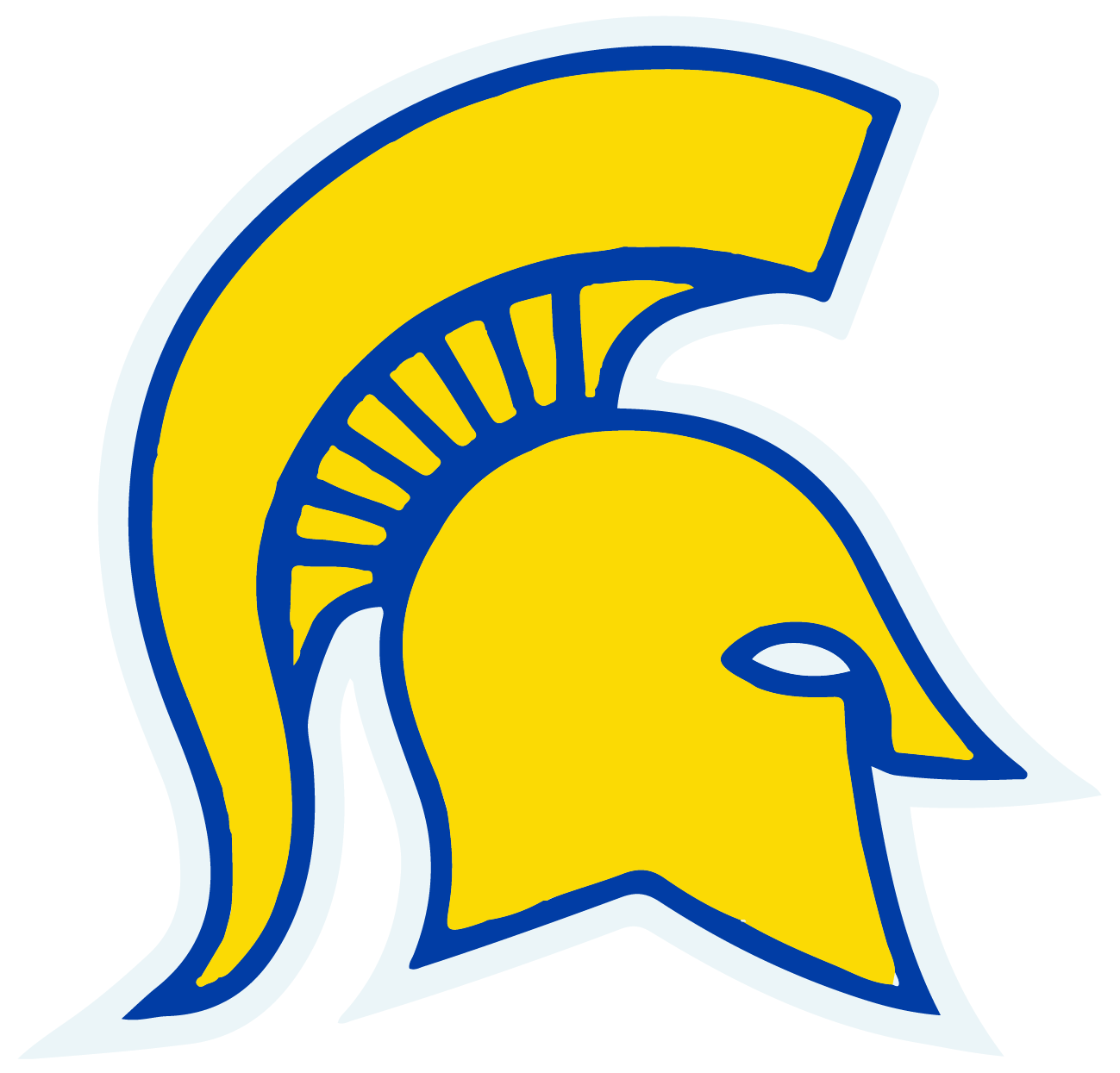TRANSITIONING TO HIGH SCHOOL
FOR PARENTS:
* Be interested and enthusiastic about their move to high school. Your encouragement will help your child to make a successful transition to High School. Listen to their experiences and expectations.
*Make sure travel arrangements to and from school are organized. Talk about back-up travel arrangements, for example, what to do if a student misses a bus or has to be dismissed early.
*Discuss the changes every student will experience. Emphasize that many people feel apprehensive about changing from a smaller middle school to a larger high school, and that there will be people to help them adjust. Encourage them to seek out support staff such as teachers and counselors.
*Learn about school routines and timetables. Talking to student already enrolled at the school can be useful in finding out this information.
*Help your child to develop good study habits. Try to provide them with somewhere private and quiet to study. Help your child to set aside a particular time to study. Work out a daily timetable that incorporates all your child's needs and interests. Regularly viewed TV programs, club activities and sport should all be part of the timetable. Ultimately they will need to manage their own study and they can guide you in what is helpful for them.
* Practice organizational skills. In the first few weeks of high school you might want to check with your child that they have the right books for the following day. You will quickly encourage a good habit. Check their backpack’s organization after a week or so. If necessary empty the backpack out and help your student get organized.
* Discuss emergency and safety issues. Talk about these issues - including crossing roads or taking essential medication - simply and without emotion. Allow your child to contribute their views. Find out who the staff are at the school who can help them if they need it on issues such as medication.
*Let your child know that you trust them and that they can trust you. Keep communication open about all your child's experiences, and make sure they know you're available if things go wrong.
*Help your child set priorities. The expectations and responsibilities of high school will be quite different than what your child experienced in middle school. As more and more responsibility falls upon their shoulders, help your child evaluate the levels of importance they place upon their academic requirements versus social activities.
FOR STUDENTS:
* Use active versus passive study strategies.Active strategies engage your brain more fully and therefore are more effective and efficient. Passive is just reading or staring at your textbook and notes.
*Use study partners or groups.By working with other students in your class you will actively engage your brain because the act of communicating requires you to use a great many parts of your brain. The most successful high school students are those who form study groups in ninth grade. These groups often continue through graduation and deepen in commitment to each other as each year passes. Top students may be in competition with each other, however, they also always help each other to understand material, share notes,etc.
*Always take notes whether you think you need to or not.Taking notes engages a larger portion of your brain and greatly helps in focusing on school work during class time.
*Always re-write your notes the same day that you take themwhether you need to or not.Re-writing helps you add details to your notes and organize them for future work.This will assist you in reflection and in re-learning each of your subjects. Re-writing engages a far larger portion of your brain than just rereading and is about 10 times more effective as a learning and study tool. Add color or pictures/drawings to your notes if you find that helpful.
* If you have trouble concentrating on the textbook when youstudy, take brief organized notes of the key ideas and content.Reading a text book is different than reading a novel. You might pause after each paragraph and make a note of the main idea of that paragraph. You might also make flash cards of any new terms. Before you read a section in a textbook. Page through the section and look at the bold print headings. This will help your brain to know where the textbook material is heading. Looking at the questions at the end of the reading before you start to read will also help. You will then be alerted to key information in the text.
* Use a timer to study and do homework.Use a kitchen timer to set a 15-20 minute study period. After concentrating for that time take a 5 minute break. Get up walk around, go to the bathroom, stare out the window, get a drink or a snack. DON’T TURN ON TV, VIDEO GAMES OR CHECK YOUR E-MAIl. Return to your work for another study period and continue to alternate with timed breaks. Try to study in public at the kitchen table or dining room table and not in your room if it is quiet enough. Flash cards can be rapidly reviewed during any free time, including commercial breaks during your favorite TV show.
*Get involved in school.Join a team, a club or sport. Clubs and activities are key to your happiness and connectivity to the high school.
Enjoy your time in High School Be your own person and be proud of your accomplishments.
Have FUN!
